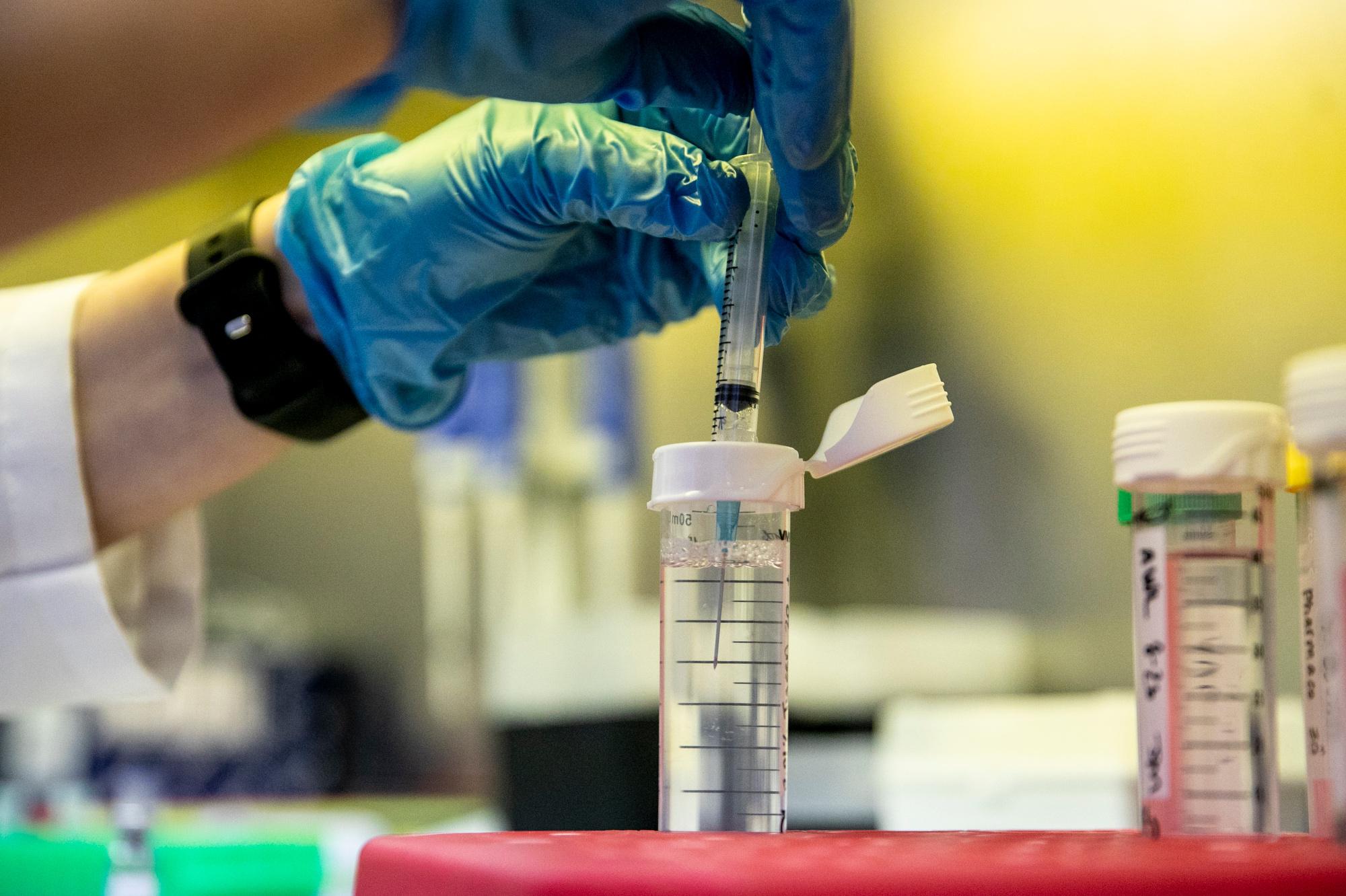
Concentrations of the virus responsible for COVID-19 are on the rise in 29 wastewater treatment facilities in the state as of Wednesday, according to state data.
Nearly every utility along the Front Range from Fort Collins to Colorado Springs reported an uptick in viral concentrations this week. Twenty-one of those utilities have seen a “steady increase,” which means the viral concentrations of the two most recent samples show a statistically significant increase of RNA from SARS-CoV-2, the virus that causes COVID, relative to previous samples from that facility.
Higher levels of the virus can mean that there is a rise of cases in the community, but the state health department said wastewater testing is meant to supplement existing COVID metrics — case data, hospitalization data, test positivity data and variant data. There are limitations to wastewater data insofar as viral concentration levels can’t be compared between facilities because of differences in collection times and the size of the population being served.
Still, wastewater sampling is a test that shows in real-time how COVID might be moving through a community. As of May 1, the federal requirement that hospitals report the number of people admitted with COVID ended, leaving the data — and the picture of COVID in a community — incomplete.
Starting with the data released Wednesday, the Colorado Department of Public Health and Environment is now doing the job of collecting the information on new hospital admissions that appear on its dashboard.
Mid-May saw the lowest number of COVID hospitalizations with 73. That number has ticked back up to 88 people as of Tuesday.
The number of cases and the rate of positive COVID tests have also risen in the last month. Still, those numbers don’t give a complete picture either, especially of a significant number of Coloradans who test for COVID at home and don’t report test results to health officials.
The precautions are the same as you’ve heard since 2020, wash your hands and cough into your elbow, stay home if you feel ill, and get vaccinated against COVID-19 and other infectious diseases.
Colorado utilities with “steadily increasing” virus concentrations:
Colorado utilities with “increasing” virus concentrations:



